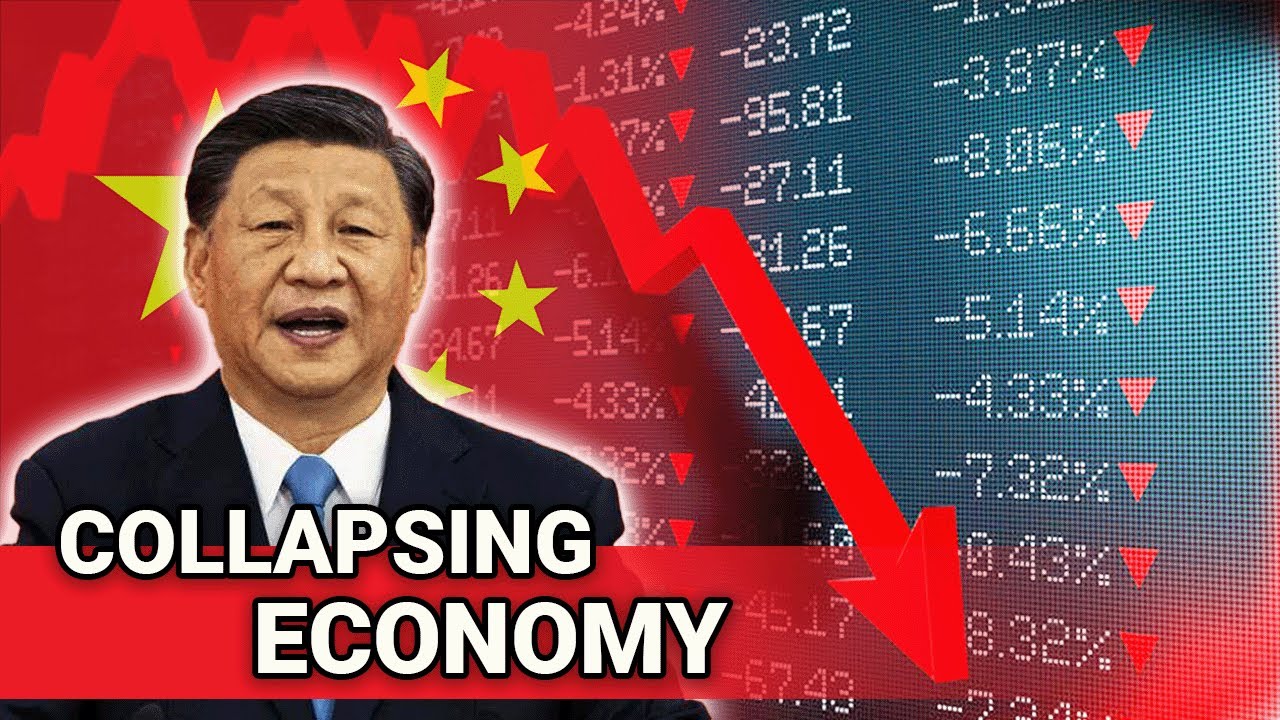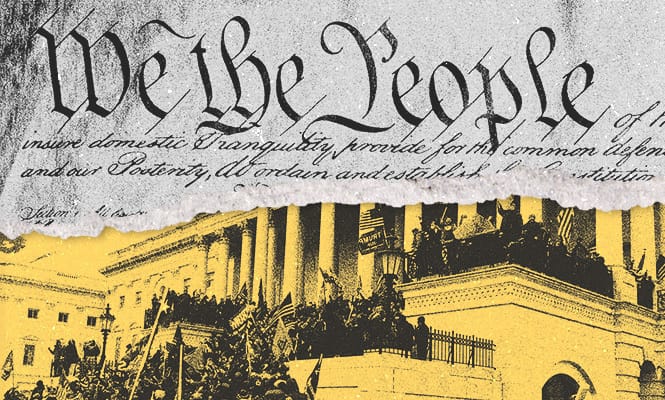Putin’s Reckless Nuclear Gambit: China’s Final Warning Rocks Global Stability
Truth seekers, the time is now! Join our Telegram Channel and be part of the journey for real stories!
Putin’s nuclear threats have pushed China to its breaking point, prompting an unprecedented warning from Beijing. A dramatic showdown looms, reshaping global alliances and threatening stability.
The world stands on the edge of a seismic shift as Russian President Vladimir Putin’s provocative nuclear threats bring one of his most powerful allies, China, to its breaking point. This is no ordinary diplomatic friction—China’s unprecedented rebuke marks a historic turning point, signaling that even Russia’s closest allies won’t tolerate its nuclear recklessness. In the shadow of Putin’s escalating nuclear doctrine, global power dynamics are unraveling, leaving the world watching anxiously for what comes next.
On November 19, 2024, Putin unleashed a chilling update to Russia’s nuclear doctrine: any significant attack—whether conventional or nuclear—could provoke a Russian nuclear strike. It was a message aimed squarely at Ukraine and its Western backers, a desperate attempt to rattle NATO and discourage military support for Kyiv. Yet instead of instilling fear, Putin’s gambit has sparked outrage, most notably from an unexpected source—China.
This clash between the two superpowers is not just a diplomatic spat; it’s a harbinger of deeper fractures in the fragile world order. And as Putin’s rhetoric spirals out of control, China’s rebuke raises one pressing question: could this be the beginning of the end for their so-called “no limits” partnership?
Putin’s Reckless Nuclear Doctrine: A Global Crisis in the Making
Putin’s nuclear posturing has taken a dark and dangerous turn. For decades, nuclear weapons have been regarded as a last resort—tools of deterrence, not instruments of casual threats. But Putin, in a move that defies all historical norms, has rewritten the rules.
The November 2024 update to Russia’s nuclear doctrine is nothing short of alarming. By tying nuclear retaliation to any “significant attack,” Putin has blurred the lines between conventional warfare and nuclear strikes. This new stance is not just a veiled threat; it’s a direct challenge to global stability. Every missile launched in Ukraine now carries the weight of a potential nuclear catastrophe.
But Putin’s gamble is backfiring spectacularly. Instead of sowing division among his adversaries, he has managed to alienate even his most reliable partners—chiefly, China.
China’s Unprecedented Stand: A Warning Putin Cannot Ignore
China’s response to Putin’s nuclear rhetoric has been swift, firm, and unlike anything the world has seen before. On November 4, Chinese President Xi Jinping broke his long-standing silence on Russia’s actions in Ukraine, delivering a thinly veiled rebuke to Moscow.
In unusually harsh terms, Xi criticized Russia’s nuclear threats, warning that such actions jeopardize global peace. The message was unmistakable: “Nuclear weapons should not be used, and nuclear war must not be fought.”
Xi’s statements are more than just words; they are a public warning shot aimed directly at Putin. Days later, China’s Foreign Ministry reinforced this stance, with spokesperson Mao Ning issuing a rare admonishment, emphasizing Beijing’s concerns about nuclear risks triggered by the Ukraine crisis.
For a nation that prides itself on diplomatic restraint, these actions represent a monumental shift. But why has China chosen this moment to break ranks with its long-time ally?
Philosophical Rift: China’s No First Use Policy vs. Russia’s Nuclear Aggression
At the heart of the China-Russia rift lies a fundamental difference in nuclear philosophy. For decades, China has adhered to a strict “no first use” policy, a cornerstone of its nuclear strategy since 1964. This doctrine reflects China’s commitment to using nuclear weapons solely as a deterrent against aggression, not as tools of coercion.
Russia’s approach, however, is the polar opposite. Under Putin’s leadership, Moscow has embraced an aggressive nuclear posture, one that permits first strikes in response to perceived threats. This divergence has become an irreconcilable source of tension between the two powers.
Putin’s updated doctrine, which includes provisions for preemptive nuclear strikes, is anathema to China’s restraint-based strategy. For Beijing, this isn’t just a policy disagreement—it’s a direct threat to its vision of global stability.
The Economic Fallout: Russia’s Recklessness Endangers China’s Interests
Beyond ideological differences, Putin’s recklessness has real-world consequences for China’s economic interests. While Russia leans heavily on China for trade amid Western sanctions, the partnership is far from balanced. China’s trade with the United States and Europe dwarfs its economic ties with Russia, with annual U.S.-China trade exceeding $500 billion.
Putin’s saber-rattling puts this critical trade at risk. As sanctions on Russia intensify, Beijing faces mounting pressure from the West to distance itself from Moscow. Already, Chinese companies have felt the sting of U.S. export restrictions and punitive measures tied to their support for Russia.
For Xi Jinping, the calculus is clear: while Russia may be a valuable partner, it is far from indispensable. If Putin’s actions threaten China’s global standing and economic stability, Beijing will have no choice but to reevaluate its support.
Diplomatic Strains: Cracks in the “No Limits” Partnership
Signs of strain between Russia and China have been building for months. In May 2024, a joint statement conspicuously omitted any mention of the “no limits” partnership that once defined their relationship. And Xi’s recent description of Putin as a “good neighbor” rather than a “brother” speaks volumes about the cooling of their personal rapport.
China’s diplomatic maneuvers are calculated, signaling dissatisfaction without fully severing ties. By issuing public warnings and veiled criticisms, Xi is sending a clear message: China will not be dragged into Russia’s nuclear gambit.
The Stakes for Russia: Isolation and Weakening Support
China’s warnings carry significant weight. For Russia, China represents a crucial economic lifeline amid unprecedented Western sanctions. Beijing has provided dual-use components essential to Moscow’s military efforts, carefully navigating the line between support and provocation.
But this support is conditional. If Putin ignores China’s cautions and continues his nuclear brinkmanship, he risks losing one of Russia’s last major allies. Such a loss would be catastrophic for Moscow, further isolating it on the global stage.
A Global Ripple Effect: The U.S. and the Indo-Pacific Balance
The fallout from Putin’s nuclear rhetoric isn’t limited to Europe—it’s reverberating across the globe, reshaping power dynamics in the Indo-Pacific. For China, the implications are dire. Putin’s threats have given the United States a golden opportunity to bolster its presence in Asia, strengthening alliances with Japan and South Korea.
Renewed U.S. “extended deterrence” agreements, announced in September 2024, place China in an uncomfortable position. These agreements reassure U.S. allies of America’s nuclear protection, limiting China’s influence in the region.
For Beijing, the message is clear: Putin’s recklessness is not just a European problem—it’s a global one, and it’s making China’s strategic objectives harder to achieve.
Is China’s Warning a Game-Changer?
While Beijing’s rebukes are dramatic, some analysts question their sincerity. Critics argue that China’s actions may be performative, designed to placate international concerns while maintaining its strategic partnership with Russia behind the scenes.
This strategic ambiguity allows China to hedge its bets, offering just enough criticism to maintain credibility without fully alienating Moscow. But as Putin’s actions grow increasingly unpredictable, even this delicate balancing act may prove unsustainable.
The Fragile Future of Sino-Russian Relations
As tensions mount, the future of Russia-China relations hangs in the balance. On one hand, mutual dependence continues to bind the two nations together. For China, Russia provides strategic depth in countering U.S. influence. For Russia, China represents an economic lifeline in a sea of sanctions.
Yet the cracks in their alliance are undeniable. If Putin persists in his nuclear brinkmanship, he risks pushing China too far, forcing Beijing to reconsider its support. This would mark a seismic shift in global geopolitics, further isolating Russia and reshaping alliances across the world.
A Precarious Moment for Global Stability
Putin’s reckless nuclear gambit has shaken the foundations of global diplomacy, exposing the fragility of alliances and the dangers of unchecked aggression. China’s unprecedented warning to Russia marks a pivotal moment in this unfolding crisis, one that could shape the future of international relations for decades to come.
The stakes could not be higher. If Putin heeds China’s warning, there may still be hope for de-escalation and a return to stability. But if he continues down this dangerous path, the consequences—for Russia, China, and the world—will be catastrophic.
Our mission to champion democracy, freedom of speech, and patriotic values relies on the support of dedicated individuals like you. Your contribution is vital in helping us provide insightful analysis, uncover pressing issues, and inspire positive change in our nation.
Join us in our commitment to making a difference. Every donation counts and empowers us to continue our work in advocating for the values we hold dear.
Thank you for being a crucial part of our journey.

I’m a 33-year-old writer and the founder of World Reports Today. Driven by the timeless principles of democracy and freedom of speech, I use my platform and my writing to amplify the voices of those who uphold these ideals and to spark meaningful conversations about the issues that truly matter.






